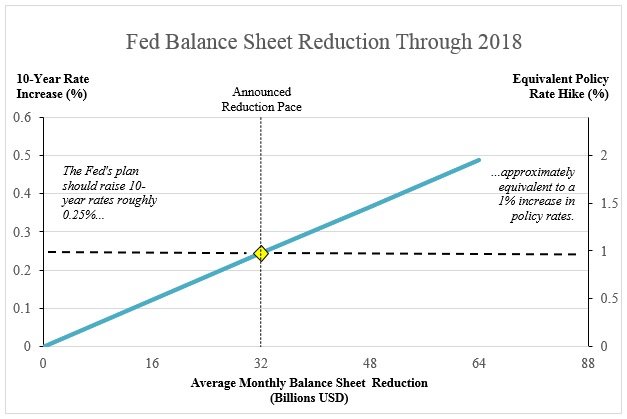Readers who enjoyed my Cui Bono article earlier this week may be interested in this piece from Times Higher Education:
Climate change is serious business – in more ways than one. Martin Cohen describes how capitalist ‘bootleggers’ have co-opted the environmental ‘Baptists’ to fulfil their raison d’etre – making money. Thanks to the ‘greenwash’, the solutions could be worse than the problems
In view of recent comments by our minister for Energy and Climate Change, Cohen’s account of the Danish experience with wind power is especially illuminating:
Until recently, the most important subsidy supporting the sector was that the Danish National Grid (and hence consumers) was obliged by law to buy all the electricity produced by wind-power projects – and to do so at prices determined by the government, not the market. That’s why Danish householders must pay almost double the UK price for electricity. Estimates of the costs of the subsidies differ – the Danish government says it is about DKr4 billion (£443 million) a year – but independent experts put it at about DKr10 billion a year. If the higher estimates are correct, it would mean that Denmark has been spending more on wind turbines each year than on education.
…
With wind turbines, a conventional power station must always provide back-up. For the Danes, traditional power stations with capacities equal to 90 per cent of the installed wind-power capacity must be permanently online to guarantee supply at all times.
…
As mentioned, the nominal output of wind power is far greater than the actual output. A more realistic target for the Department of Energy and Climate Change would be the construction of 100,000 wind turbines. Unfortunately, Wales is too small for all those. Instead, a 10km-deep dedicated strip right around the coast of the British Isles would be required. Even Brighton, and its new Green MP, would be blown away …
Cui bono?



These are early days. The HVDC Supergrid will greatly change the backup situation. Never forget that the fuel for renewables is cost free.
‘Cost free’ in what sense exactly?
Does the vast (and presently hopelessly inefficient) collection and transmission apparatus simply pop out of the air? Do we need no other time, capital, materials, labour, or land to achieve this or are we going to be genetically engineered to photosynthesize for ourselves?.
One of the many problems with you Greens is that you think the imposition of your Utopian prejudices is simply an engineering problem, mixed up with a little Nietzschean ‘Will to Power’ (in both senses of the word), whereas there are many, many more problems of economic scarcity, not to mention personal liberty, at stake
Hi Corrigan
“Cost free” fuel in the sense that wind, wave, biomass, tide and insolation are freely available. We do not have to buy solar energy. It comes to us naturally, as an income.
I said that the *fuel* is free. Obviously the technology to harvest the fuel comes at a price, but so does the technology required to utilise Earth’s capital energy resources. There are costs associated with all forms of enervy. Even wood fires (the main source of energy for most humans on this planet) carry pollution problems. Wind turbines have visual impact and noise problems. Wave power will prove unpopular with the surfing community, and so on.
Renewable energy is income energy. Fossil (including uranium) is capital. One of the first rules of economics is that you do not use capital as though it were income. E F Schumacher said that the we should use capital energy sources in such a way as to make ourselves independent of them. This is totally reasonable, and the fact that economists have ignored this obvious truth speaks volumes about the influence of money to distort perception.
Emphatically, we greens to not see things in terms of purely engineering. If anything, we have in the past been too set against the “techno-fix” approach. We have always emphasised the necessary change in mind-set, viewing economics in an ecological (systemic) setting, rather than from a narrow monetary perspective.
I reject totally the Nietschean accusation – a common slur, the result of the psychic defence mechanism of projection. We emphasise that solutions must come from democracy, with localisation as key to the necessary transition to a sustainable human society and economy.
It is good to talk, even across this huge ideological divide.
Every analysis I’ve read suggests that wind power doesn’t have a hope of meeting our needs.
Nuclear fuel is cheap, secure, and abundant.
A couple of years ago, The Register had a write-up of various energy options, as considered by Professor David J C MacKay of Cambridge University.
Fusion power is only a matter of time; fission can see us through until it’s ready. Wind power is a dangerous diversion, which would blight our landscape and cost us billions.